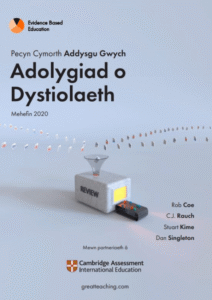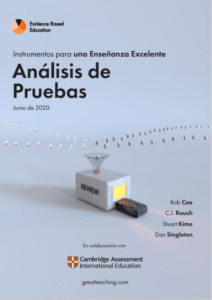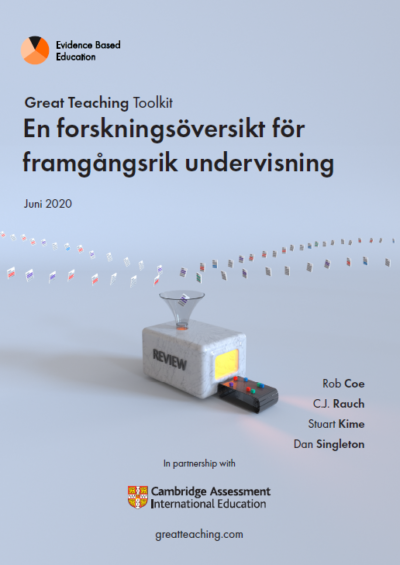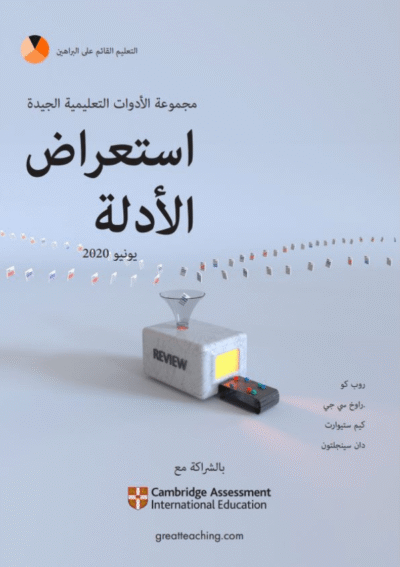While many personal, family, and cultural factors contribute to learners’ academic performance, a large body of research indicates that teachers matter more to their achievement than any other aspect of their education. The quality of teaching is hugely important to the outcomes of students. So what makes Great Teaching?
The ‘Great Teaching Toolkit: Evidence Review’ distils over 100 teaching frameworks and research studies into one accessible report. The key takeaway of the Evidence Review is the Model for Great Teaching. It can be thought of as pedagogical framework for teacher learning. The model summarises 17 elements, categorised into four dimensions of the things teachers know, do and believe that research has shown to make the biggest difference to student learning. The four dimensions are:
- Understanding the content
- Creating a supportive environment
- Maximising opportunity to learn
- Activating hard thinking
The Evidence Review was itself reviewed by 74 collaborators from 11 countries, including EBE Advisory Board members John Hattie and Dylan Wiliam.
Available in multiple languages!
The Great Teaching Toolkit: Evidence Review has been translated into multiple languages. Click on the buttons below to download the Evidence Review in your preferred language.
What is the Great Teaching Toolkit: Evidence Review?
Hear the review’s co-author, Dr Stuart Kime, describe what it is and how it can help teachers and leaders.
Why Educators Trust the Evidence Review
Featuring insights from Iain Henderson (Wellington College), Jeremy Harris (Rose Learning Trust), and more.







